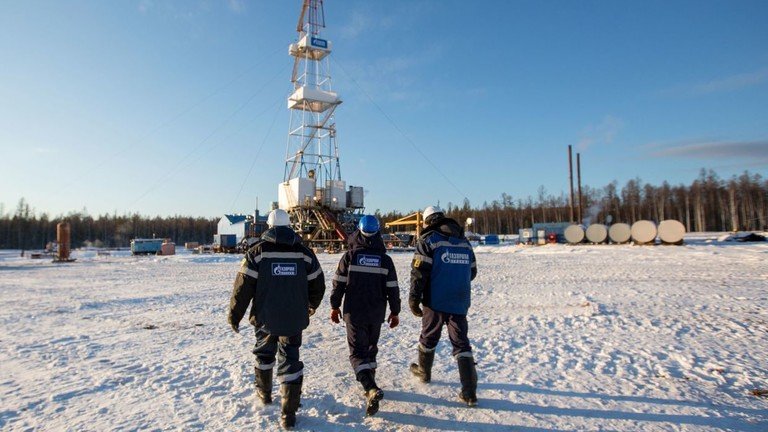Global production of the fuel is also expected rise whereas supply will likely remain tight, according to the energy watchdog
Gas production in Russia is expected to rise by 4% this year, according to the International Energy Agency’s (IEA) Gas Market Report published on Friday.
The Paris-based energy watchdog pegged Russian gas output in 2023 reaching 640 billion cubic meters (bcm), down 5% from 2022. For this year, however, the agency expects production to reach at least 664 bcm. It also expects the country’s domestic gas consumption to rise, by 2% to 503 bcm.
The IEA’s figures for 2023 correspond with Russia’s own calculations. Earlier this month, Russian Deputy Prime Minister Aleksandr Novak announced that gas production was down by 5.5% last year, to 636.7 bcm, while the country’s pipeline gas exports came in at 91.4 bcm.
The IEA expects Russia’s gas exports to remain close to their 2023 levels in 2024.
Meanwhile, according to the report, global gas production is likely to grow by roughly 3% this year, while supply will remain tight. Gas demand, which slumped by 1.5% in 2022, is expected to rise by 2.5%, or roughly 100 bcm, but stay below the pre-energy crisis levels of 2021.
“The global gas market is entering a new period as the world gradually emerges from an energy crisis that had profound impacts on both the supply and demand sides,” Keisuke Sadamori, director of energy markets and security at the IEA, said in the report.
“We expect to see solid growth in global gas demand this year as prices have come down to relatively manageable levels. But the speed at which this new demand can be met will be critical, particularly as supplies are tight and substantial new LNG capacity will only come online after 2024.”
Analysts warn that gas prices are shaping up to have a volatile year, with the conflicts in the Middle East and Ukraine creating “an unusually wide range of uncertainty.” Shipping disruptions in the Red Sea and potential delays at new liquefied natural gas plants also “represent downward risks to the current outlook, which could fuel price volatility through 2024.”
Source: RT



